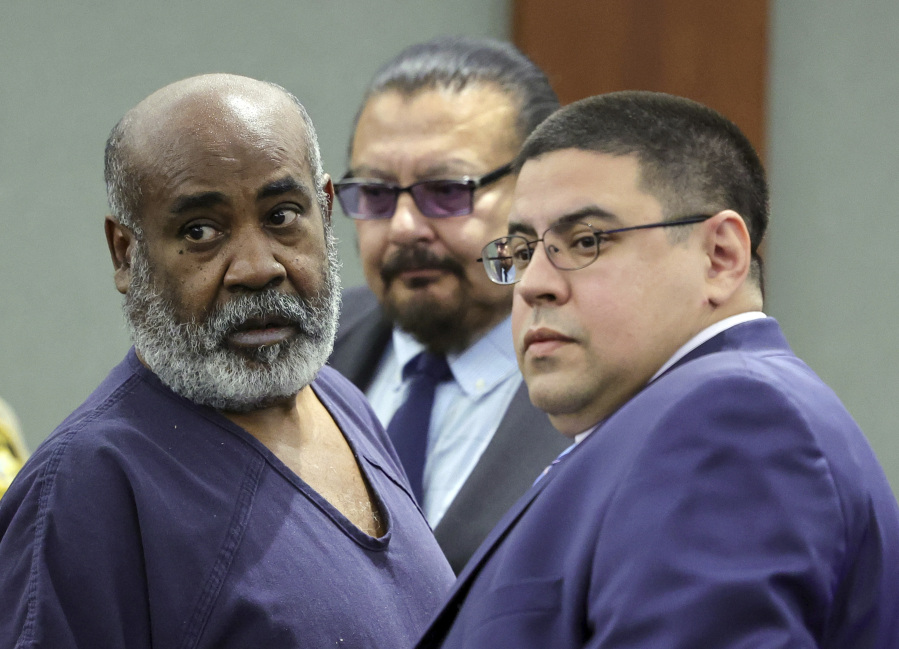Prosecutors in Las Vegas argue that the former Los Angeles gang leader, Duane “Keffe D” Davis, should be denied house arrest ahead of his June trial for the 1996 murder of Tupac Shakur. Davis, who has repeatedly confessed to orchestrating Shakur’s killing, faces opposition from prosecutors who cite his admissions as strong evidence. The prosecutors emphasize that Davis, now 60, was the “shot-caller” responsible for the crime.

Prosecution’s Stance on Release Request
Prosecutors assert that Davis’ decade-long confessions regarding the murder of Tupac Shakur are compelling evidence to oppose his release to house arrest. The prosecutor, Marc DiGiacomo, argues that Davis, having confessed multiple times, is attempting to evade the consequences of his actions by seeking release.
The court filing includes over 160 pages of transcripts and additional evidence, presenting Davis’ repeated confessions as proof of his culpability. The prosecutors contend that, despite Davis pleading not guilty, he remains responsible for the crime, even if he did not physically pull the trigger.
Davis’ plea for release is based on alleged inadequate medical attention following a colon cancer diagnosis in remission. However, prosecutors argue that his age and health conditions should not override the seriousness of the charges, emphasizing that he poses a danger to the community and may attempt to flee.
READ ALSO: Youth Jailed 30 Days for Rejecting Israel’s ‘Revenge Campaign’ Enlistment
Defense’s Position on Release Request
Davis’ defense, represented by Robert Arroyo and Charles Cano, contends that their client is not receiving proper medical care in jail, negatively impacting his health. They argue that, given his age and medical history, his diet and lack of exercise are detrimental.
The defense maintains that Davis, despite his confessions, poses no danger to the community and has no intention of fleeing before the trial. The attorneys suggest that his recent descriptions of the crime were made for entertainment purposes and to generate income.
In summary, prosecutors emphasize Davis’ repeated confessions as evidence against his release, while the defense focuses on health concerns and the assertion that Davis’ statements were for entertainment.




